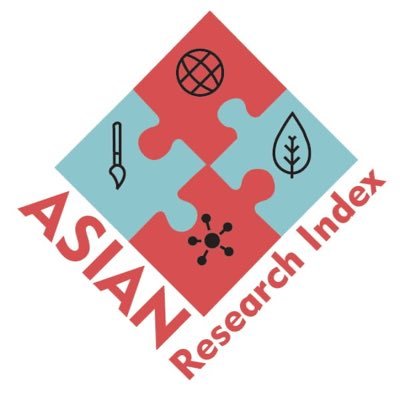Impact of Macroeconomic Indicators on Financing in Islamic Banking Industry: An Empirical Analysis in Pakistan
Abstract
This study aims to investigate the impact of macroeconomic and bank-specific variables on the financing of Islamic banking. The collected data are taken from the fullfledged Islamic banks in Pakistan between the year of 2006 to 2018. Islamic banks’ financing is taken as a dependent variable. The predictors include the macroeconomic variables such as inflation, gross domestic product (GDP), exchange rate and interest rate. They also cover bank-specific variables like deposit, size of bank, net interest margin, bank spread, investment, credit risk and lagged of dependent variable (which is from the previous year financing). The results suggest that the interest rate has a significant and negative effect on Islamic bank’s financing. Investment has an inverse and significant effect on the financing. Size has a positive and significant effect on the financing. The findings also suggest that the financing is positively and significantly affected by its lags. Furthermore, net interest margin significantly affects the financing. This study is beneficial to the regulators, policymakers and bankers, especially to understand the key factors that affecting Islamic bank’s financing. This is crucial so that they can develop the policies that will create an effective and strong financial system which may contribute to the development of the economy in Pakistan.




.png)




